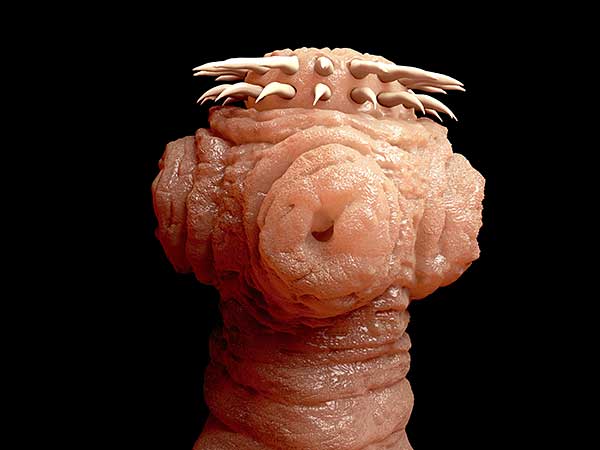
Treating Worms In Dogs
Worms in dogs is something that no owner likes to think about. But as these parasites can be extremely common, it is important to understand what kind of effect they can have on dogs and what you can do to prevent or treat them. There are several different types of worms that can affect dogs including roundworm, tapeworm, hookworm, whipworm, and heartworm. No matter what kind of worm you're dealing with, staying one step ahead of them is absolutely critical.
Most forms of worms develop inside the intestines and they can cause a variety of symptoms including diarrhea, vomiting, bloody diarrhea, abdominal pain, weight loss, poor coat appearance and a pot bellied appearance. Heartworms are the most dangerous of all as they take up residence in the right side of the heart and cause serious symptoms such as respiratory difficulty, limited tolerance of exercise, coughing, weight loss, weak pulse and in advanced cases labored breathing, pale gums and eventually death.
Unfortunately, it is nearly impossible to avoid most intestinal worms in dogs. In fact, most puppies are actually born with roundworms, which is passed to them by their mothers either during development in the womb or through her milk while nursing. For this reason, most vets automatically assume infestation and encourage regular testing of your puppies to detect the presence of roundworms.

Juan Gärtner / stock.adobe.com
YIKES! Parasitic worms, like this tapeworm, can look and behave like alien invaders.
Tapeworms generally enter a dog's system through ingestion of an infected animal or infected fleas, which is another reason why proper flea control is so important. Once inside the intestines, tapeworms can grow to be up to 18 inches long in most cases. In rare cases, they may grow even larger. Your vet can test for most types of worms by studying a stool sample from your dog to visually detect their presence.
Hookworms and whipworms can both be picked up by accidental ingestion of infected feces. This is why it is so important to clean up after your dog. Like roundworms, hookworms can also be passed to puppies through their mother's milk. Detecting any of these worms in dogs is relatively simple and once your vet has confirmed the diagnosis, he can prescribe medication to treat the infestation.
Worms In Dogs Can Have Serious Consequences And Can Be Life-Threatening
Some Drugs May Be Harmful Or Fatal For Australian Shepherds
Read more about the MDR1 Gene Mutation that can cause a dangerous sensitivity in Aussies to many medications.
Heartworms are the most serious of all parasites because they affect your dog's heart and can have serious, and even lethal, consequences. Unfortunately, heartworm is quite common throughout the United States, though it more prevalent in the South and along the East Coast. Again, it is imperative that you have your dog regularly tested for heartworm as in this case, prevention is encouraged over treatment.
The reason for this is that the medicine used to treat heartworm can be hard for dogs to tolerate. This is particularly true for Australian Shepherds (and other breeds), which have a genetic sensitivity to these drugs. (The MDR1 Gene Mutation Can Cause Sensitivity To Many Medications.) For this reason vets prefer to treat dogs with the milder medications that can prevent heartworm outbreak. The good news is that these preventative medications can also help to treat other types of worms in dogs.
Worms are an unfortunate reality of dog ownership, but they should never be something that you and your dog have to tolerate. Always be sure to have your dog regularly tested for heartworm, roundworm and other parasites so that proper treatment can be recommended. The more you stay on top of the problem, the less you and your furry friend will have to worry about worms.
Have Dog Training Questions?
Check out these introductory dog training videos...
I want my dog to stop being aggressive.
I want some help training my new puppy.
I want my dog to stop barking at everything.
Get Australian Shepherd Info, Website Updates, Special Offers, and Cartoons...
FREE GIFT
You'll also receive a free copy of the ebook
My Everyday Dog Training Tools
by professional dog trainer Daniel Abdelnoor, "Doggy Dan"










 Loading Image...
Loading Image...